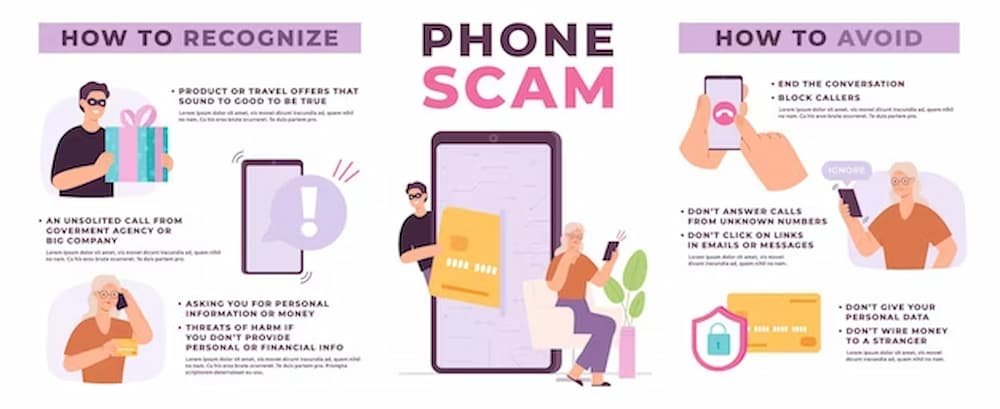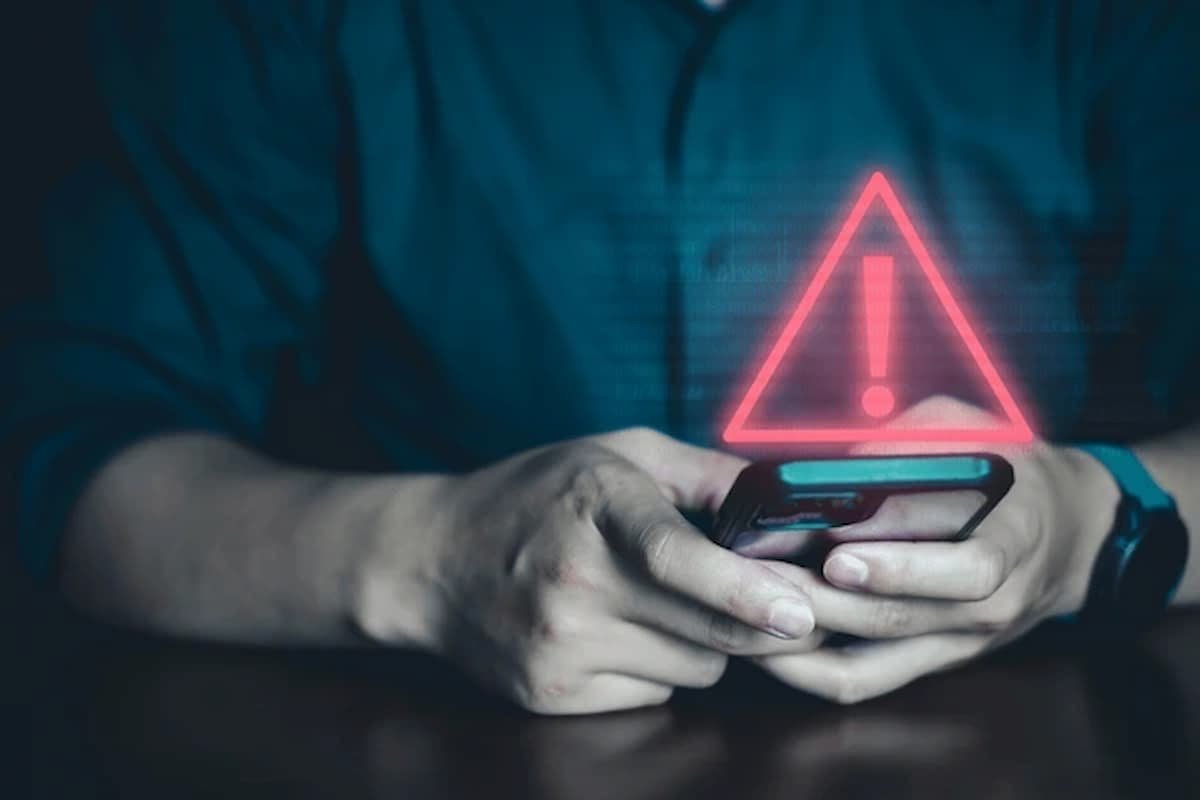Scam Detected: Insurance Scam Explained
Introduction
Imagine receiving a phone call, and on the other end, a friendly voice asks, “Have you been involved in an accident that wasn’t your fault?” At first, this may seem like a genuine offer to help you claim compensation. However, this is often the start of an insurance scam. Today, we’ll delve into the world of these deceitful calls, specifically focusing on the phone number 01612350402 number, which has been linked to such scams.
What is an Insurance Scam?
An insurance scam typically involves fraudsters posing as legitimate companies to deceive individuals into providing personal information or money. They often use generic names like “Accident Helpline” or “Accident Assist.” Their goal? To trick you into thinking you’re entitled to compensation for an accident, even if you never experienced one.
Understanding the Scam
When you receive a call from a number like 01612350402, it may begin with a recording, drawing you in with the promise of financial help. Here’s a breakdown of how these calls usually unfold:
- Initial Contact: The call starts with an automated message, asking if you’ve had an accident.
- Gaining Your Trust: Once you respond, a live person often takes over, further asking questions about the accident.
- Personal Information Request: They may ask for your personal details, like your name, address, and even bank information.
- Pressure Tactics: If you show hesitation, they may apply pressure, emphasizing urgency and the money you could claim.
Why Are These Scams Effective?
Scammers exploit human emotions—primarily fear and greed. If someone has experienced an accident, the prospect of compensation can be enticing, making them more susceptible to these calls. Furthermore, many people don’t realize that legitimate companies usually don’t cold call potential clients.
The Story of Jane: A Victim’s Experience
Let’s take a moment to hear from Jane, a 35-year-old mother who fell victim to an insurance scam.
Jane’s Story
Last summer, Jane received a call from the infamous number 01612350402. At first, she thought it was a helpful service reaching out to assist her after a minor fender bender she had a few months prior.
“I thought they were just trying to help me claim what I was entitled to,” Jane shared. “They seemed so genuine.”
However, as the conversation progressed, she became uneasy when they asked for her bank details. After hanging up, Jane realized she had almost provided sensitive information to a scammer.
Key Takeaways from Jane’s Experience
- Always be cautious of unsolicited calls.
- Genuine companies do not ask for personal information over the phone.
- If it feels wrong, it probably is.
How to Recognize an Insurance Scam

To protect yourself, it’s crucial to understand the common signs of an insurance scam. Here’s a handy list to help you identify potential scams:
Signs of an Insurance Scam
| Sign | Description |
|---|---|
| Generic Company Names | Scammers often use vague names that don’t sound trustworthy. |
| Automated Messages | Many scams start with recorded messages instead of a live person. |
| Urgency and Pressure | Scammers create a false sense of urgency to push you into decisions. |
| Asking for Personal Information | They might request your bank details or national insurance number. |
| Too Good to Be True Offers | Promises of large sums of money can be a major red flag. |
What to Do If You Receive a Scam Call
If you receive a call from 01612350402 or a similar number, here are steps you can take:
- Hang Up Immediately: Do not engage with the caller.
- Do Not Provide Information: Never share personal or financial details over the phone.
- Report the Call: Notify the authorities or your phone provider.
- Block the Number: Most smartphones have features to block unwanted calls.
Real-Life Scenarios: More Victims’ Stories
David’s Encounter
David, a 40-year-old IT specialist, received a call from a similar number.
“They knew my name and mentioned an accident I had, which was shocking,” he said. “It felt so real.”
David ended up giving them some information before he realized it was a scam. He immediately contacted his bank and changed his passwords.
Emily’s Cautionary Tale
Emily, a college student, received a call during her finals week.
“I was stressed and didn’t think twice. They sounded official,” she recalled. “I ended up giving them my address.”
She learned her lesson the hard way but was grateful she hadn’t shared more sensitive information.
Emotional Impact of Scams
These experiences not only involve financial loss but can also have significant emotional repercussions. Victims may feel:
- Embarrassment: They may blame themselves for being tricked.
- Anxiety: Concern about identity theft can lead to sleepless nights.
- Distrust: Many victims find it hard to trust any unsolicited calls in the future.
How to Protect Yourself
To safeguard against these types of scams, consider the following tips:
- Stay Informed: Educate yourself about the latest scams in your area.
- Register for Caller ID: Many phone providers offer services that help identify unknown numbers.
- Use Call Blockers: Consider apps designed to filter out spam calls.
- Talk to Friends and Family: Share information about these scams to help others stay vigilant.
Conclusion
Insurance scams can happen to anyone, and awareness is the first line of defense. By recognizing the signs and knowing how to respond, you can protect yourself and others from falling victim to these fraudulent schemes.
Final Thoughts
Jane, David, and Emily’s stories serve as reminders that not all calls are what they seem. Staying informed and vigilant is key to safeguarding your personal information.
FAQ
Q: What should I do if I’ve already given information to a scammer?
A: Immediately contact your bank and local authorities to report the incident and seek guidance.
Q: Are all cold calls scams?
A: Not all cold calls are scams, but it’s wise to be cautious. Verify the caller’s identity before engaging.
Q: How can I block scam calls?
A: Check your phone settings or consider using apps designed to block unwanted calls.
Q: What are the legal consequences for scammers?
A: Many scammers face severe penalties, including fines and imprisonment, but many operate from outside the UK, making it challenging to catch them.
Key Takeaways
- Scammers often use fake names and generic offers.
- Never share personal information over the phone with unsolicited callers.
- Always trust your instincts; if it feels off, hang up and report it.
By staying informed and cautious, we can create a safer community where scams like these have less power. If you suspect a scam, don’t hesitate to take action—together, we can combat these threats!
For further information and resources, visit Citizens Advice or the Action Fraud website.
For further information visit Techexplore.co.uk

